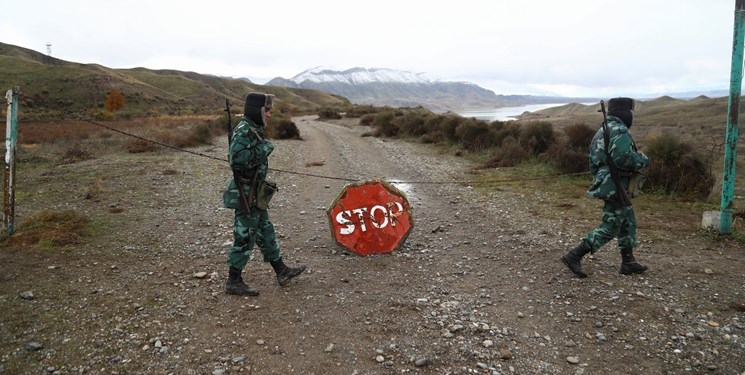In an interview with the website of the Strategic Council on Foreign Relations, Morteza Makki, an expert on Europe affairs, explained the background of the European Union’s role playing in the Caucasus crisis, adding: One of the old challenges after the collapse of the Soviet Union, which still remains as a problem, is the dispute between Armenia and the Republic of Azerbaijan in the Karabakh region that the European governments tried to manage the tension between the Republic of Azerbaijan and Armenia over the Karabakh region within the framework of the Minsk Group under the joint chairmanship of the United States, Russia and France and with the presence of the Republic of Azerbaijan and Armenia in the form of the European Security and Cooperation Organization. But due to the deep differences and alignment between the European, the US and Russian governments in the Caucasus region, in practice, the Minsk Group could not take serious measure regarding the management of the Karabakh crisis.
Makki continued: Of course, such consultations and negotiations had led to a relative stability in the disputed region between the Republic of Azerbaijan and Armenia, but with the attack of the Republic of Azerbaijan on Armenia and the capture of large parts of Karabakh, the crisis in that region entered a new phase and Armenia was placed in a weaker and more unstable position.
Referring to the consultations held by the Russians and Turkey, he emphasized that later a partial ceasefire was established in the Karabakh region, and Russia and Turkey, as countries monitoring the ceasefire, accepted a specific mission on the borders of the Republic of Azerbaijan and Armenia.
According to the expert, at this point, the Russians assumed a decisive role in managing the crisis in the Caucasus region, but the crisis in Ukraine caused Russia to somehow distance itself from many crisis centers in the region and focus on the war in Ukraine.
Makki continued: On the other hand, Turkey also tried to play a stronger role in supporting the Republic of Azerbaijan and putting pressure on Armenia.
The expert on Europe affairs, commenting over the European Union’s decision to send 100 police officers to the Caucasus region, said: The decision made by the European Union to send observers to the Caucasus region is actually an attempt to fill the vacuum of Russia’s presence in that region and to support Armenia. It should be noted that the Armenian lobby is very powerful in Europe, especially in France, and has always tried to strengthen the EU’s measures against Turkey and support for Armenia in the decision-making process in the European Union.
He added: Of course, at this stage, when it has been said that 100 European policemen will be sent to the Caucasus region, this decision may have a more symbolic aspect, but it was definitely taken with an aim of a stronger and more effective presence of the European Union in the Caucasus region, and it can leave more effects on the development process of the region.
Explaining how Russia’s role will be in future, Makki said: Of course, even though the Russians are all focused on the Ukraine crisis, they will definitely not accept so easily that the European Union gain a strong foothold in the Caucasus region. Therefore, this region will become the scene of more serious competitions which, considering the increase in tension between Russia and the West on the one hand, and Turkey and the West on the other hand, can increase instability and tension in the Caucasus region.
According to the expert, the main players of the crisis in the Caucasus region are currently the Republic of Azerbaijan and Armenia, but the two republics are trying to advance their goals in tension and conflict with each other with the support of other powers.
Makki explained: Actually, the Republic of Azerbaijan has always tried to have balanced relations with both Russia and the West, but it seems that, considering the sensitivities and support that European governments give to Armenia, they cannot continue this policy of balancing relations with Western countries and Russia.










0 Comments